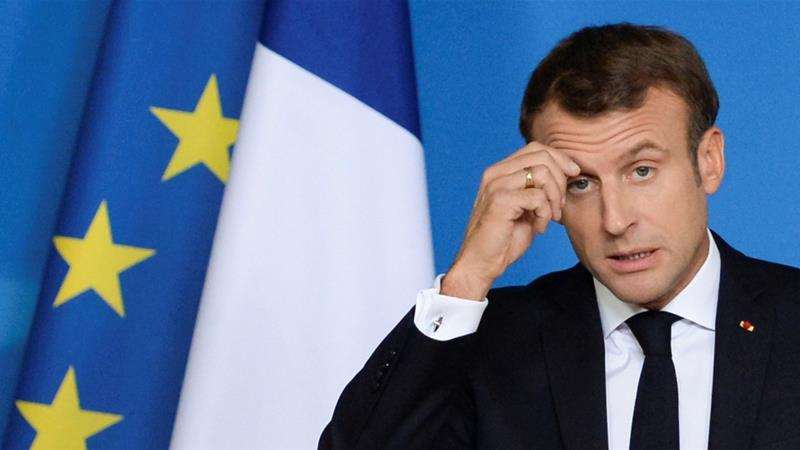
In many of our previous articles, we had drawn attention to the historic and geographic integrity of the Balkans. When one refers to the Balkans, it has historically conjured a region encompassing Turkey, Bulgaria, Romania, Greece, the successor states of former Yugoslavia (Bosnia-Herzegovina, Croatia, Kosovo, North Macedonia, Montenegro, Serbia, and Slovenia), and Albania. Despite this historic definition of the region, in the context of European Union (EU) expansion, the term “Western Balkans” has been fabricated since early 1990s. According to the EU; Croatia, Slovenia, Bulgaria, Romania, and Greece, since they are members of the EU, are not part of the Balkans anymore. On the other hand, Bosnia-Herzegovina, Serbia, Montenegro, Kosovo, Albania, and Macedonia comprise the so-called "Western Balkans" sub-region. Turkey, by its lonesome self, makes up the other, unmentioned part of the Balkans which supposedly forms the "Eastern Balkans”[1]. It should be reiterated on this occasion that this fabricated terminology of “Western Balkans”, in a harmful and imperceptible fashion, excludes Turkey from the Balkans, hence from Europe. In this respect, we continue to believe that this terminology is biased against Turkey.
As it can be remembered, the EU Commission, after years of distraction, adopted in February 2018 a strategy under the title of “A credible enlargement perspective for an enhanced EU engagement with the Western Balkans.” The strategy considers the enlargement policy “as part and parcel of the larger strategy to strengthen the EU by 2025. It also presented the enlargement package in the European Parliament in Strasbourg and declared the Commission’s recommendation that the EU Council opens accession negotiations with certain “Western Balkans” countries. Furthermore, it made specific recommendations concerning certain other countries of the said region.
After this encouraging EU Commission strategy; however, the President of France Emmanuel Macron's immediately refused EU enlargement in the "Western Balkans" until the EU is reformed. He put forth this refusal during his speech to the European Parliament on 17 April 2018. Interestingly Macron, at the same speech, stated that “I don’t want a Balkans that turns toward Turkey or Russia,” as if Turkey is an outsider to the Balkans and Europe. We had stated in this respect in May 2018 that “Macron owes an explanation to the Turkish public on why he does not want to see Balkan countries turn towards Turkey. Considering that European media outlets and EU officials have so far failed to explain why Turkey’s engagement with the other Balkan countries is harmful (Turkey’s engagement is in fact beneficial), Macron must explain why he has chosen to unfairly target Turkey in his speech”[2]. Not surprisingly this call fell on deaf ears.
It has been widely reported recently in the European media that French President Macron has this time blocked membership talks for North Macedonia and Albania during the European Council meeting in Brussels (17 and 18 October 2019) [3]. The media reported that most of the EU leaders expressed frustration over this outcome and that EU President Donald Tusk said he was "really ashamed" of the situation [4].
The very short sentence under the “Enlargement” sub-heading of the Conclusions adopted at the said European Council meeting reflects in simple terms the blockage by Macron. The paragraph five of the Conclusions only states that “The European Council will revert to the issue of enlargement before the EU-Western Balkans summit in Zagreb in May 2020 [5]”.
It appears that Macron continues to behave as if he is the major administrator of the EU. His latest veto in the EU is interpreted by certain influential European media outlets as the expression of “neo-Gaullist intransigence”. Macron has been rightfully accused of “destabilizing the Balkans”. The following excerpt published as the editorial in a leading European newspaper expresses these considerations and makes it clear who is in fact the main culprit of instability in the Balkans:
“Emmanuel Macron’s veto against the opening of EU accession negotiations with Albania and North Macedonia last week may be remembered as a historic mistake that weakens Europe and undermines its aspirations to become a geopolitical power. In an act of neo-Gaullist intransigence, the French president torpedoed EU enlargement policy, deprived the bloc of one of its fundamental foreign policy instruments, undermined trust in its promises and destabilized its Balkan backyard. Not bad for a night’s work. And all this from a leader who claims to exemplify the European spirit of solidarity and co-operation”[6].
All these developments tell us that those who arrogantly give advice to others must first give account for their own historical mistakes. Emmanuel Macron comes top of the list of those who should give account in this respect. It should be remembered all over the Balkans that Macron was the one who appealed to the citizens of North Macedonia to vote in favor of the Prespa Agreement which changed the country constitutional name from Macedonia to North Macedonia in return for Greek support for its EU and NATO membership. For this purpose, Macron had even sent a video massage to the people of North Macedonia [7]. According to The Guardian newspaper, North Macedonia’s Minister of Foreign Affairs Nikola Dimitrov “suggested the EU was being dishonest”. He stated through his official Twitter account that “the least that the European Union owes the region is to be straightforward with us. If there is no more consensus on the European future of the western Balkans, if the promise of Thessaloniki 2003 does not stand, the citizens deserve to know” [8]. In addition, the Prime Minister of Northern Macedonia, Zoran Zaev, in a recent interview with him, in response to a question of "how can you convince your people now that you still trust the Europeans?", compares this humorously with Don Quijote's fight.[9]
As for the deceptive ambiguity if not dishonesty of the EU in general and Emmanuel Macron in particular, no nation in the world can have more experience in this respect than Turkey. It seems that it will take considerable time of the other to learn this unpleasant fact through bitter experiences.
*Photo: Aljazeera
[1] Teoman Ertuğrul Tulun, “Chaillot Paper On Balkans Future: A Case Of Ill-Informed Leading The Ill-Informed,” Center For Eurasian Studies (AVİM), October 2, 2018, sec. Analysis, 2018 / 28, 10.31219/osf.io/ecwhj , https://avim.org.tr/en/Analiz/CHAILLOT-PAPER-ON-BALKANS-FUTURE-A-CASE-OF-ILL-INFORMED-LEADING-THE-ILL-INFORMED.
[2] Teoman Ertuğrul Tulun, “Half-Hearted EU Enlargement in the Balkans,” Daily Sabah, n.d., sec. Op Ed, https://www.dailysabah.com/op-ed/2018/05/14/half-hearted-eu-enlargement-in-the-balkans.
[3] Kurt Bassuener and Toby Vogel, “Macron Breaks Balkans Promise in Quest for EU Dominance,” EU Observer, October 21, 2019, sec. Opinion, https://euobserver.com/opinion/146350.
[4] “European Union Warned of ‘historic Mistake’ as Emmanuel Macron Blocks Balkan Enlargement Talks,” The Telegraph, October 18, 2019, sec. News, https://www.telegraph.co.uk/news/2019/10/18/europe-union-warned-historic-mistake-emmanuel-macron-blocks/.
[5] “European Council Meeting” (European Union, October 18, 2019), EUCO 23/19, https://www.consilium.europa.eu/media/41123/17-18-euco-final-conclusions-en.pdf.
[6] Editorial Board Editorial Board, “Emmanuel Macron’s EU Accession Veto Is a Historic Mistake,” Financial Times, October 21, 2019, sec. Opinion, https://www.ft.com/content/eda39e1e-f3eb-11e9-b018-3ef8794b17c6.
[7] “I Support Prespa, Macron Said in 2018,” Republica, October 18, 2019, sec. Macedonia, https://english.republika.mk/news/macedonia/i-support-prespa-macron-said-in-2018/.
[8] Jennifer Rankin, “EU Failure to Open Membership Talks with Albania and North Macedonia Condemned,” Guardian, October 18, 2019, sec. Europe, https://www.theguardian.com/world/2019/oct/18/eu-refusal-to-open-talks-with-albania-and-north-macedonia-condemned-as-historic-mistake.
[9] Efi Koutsokosta, “Zaev Warns: EU Accession Halt Could Cause a Rise of Nationalism in the Balkans,” Euro News, October 31, 2019, sec. World, https://www.euronews.com/2019/10/30/zaev-warns-eu-accession-halt-could-cause-a-rise-of-nationalism-in-the-balkans.
© 2009-2025 Center for Eurasian Studies (AVİM) All Rights Reserved
No comments yet.
-
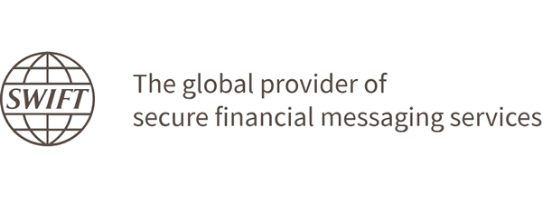 POSSIBLE EFFECTS OF A RUSSIAN-CHINESE JOINT SWIFT SYSTEM ON THE EURASIAN ECONOMY AND THE WORLD TRADE SYSTEM
POSSIBLE EFFECTS OF A RUSSIAN-CHINESE JOINT SWIFT SYSTEM ON THE EURASIAN ECONOMY AND THE WORLD TRADE SYSTEM
Teoman Ertuğrul TULUN 23.12.2021 -
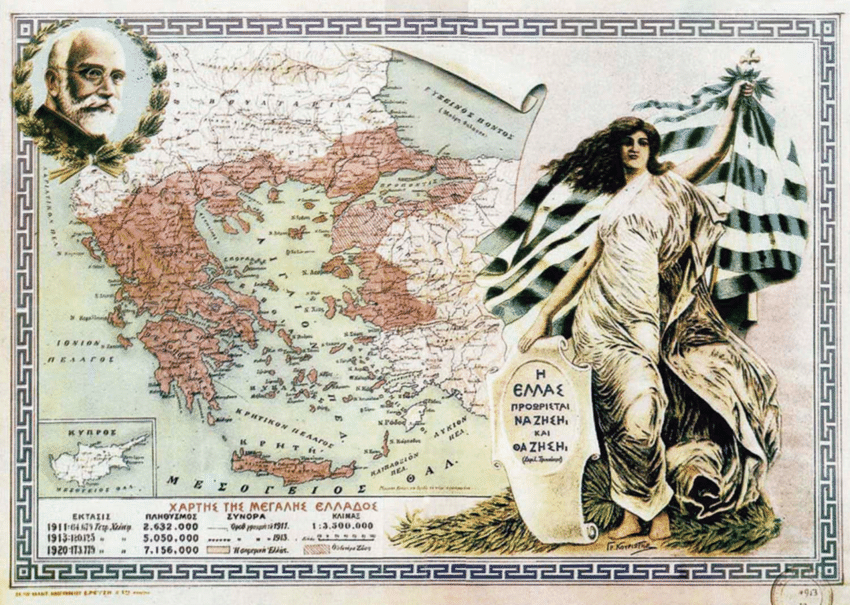 CONSEQUENCES OF MATERIAL BREACH OF THE LAUSANNE PEACE TREATY
CONSEQUENCES OF MATERIAL BREACH OF THE LAUSANNE PEACE TREATY
Teoman Ertuğrul TULUN 07.10.2020 -
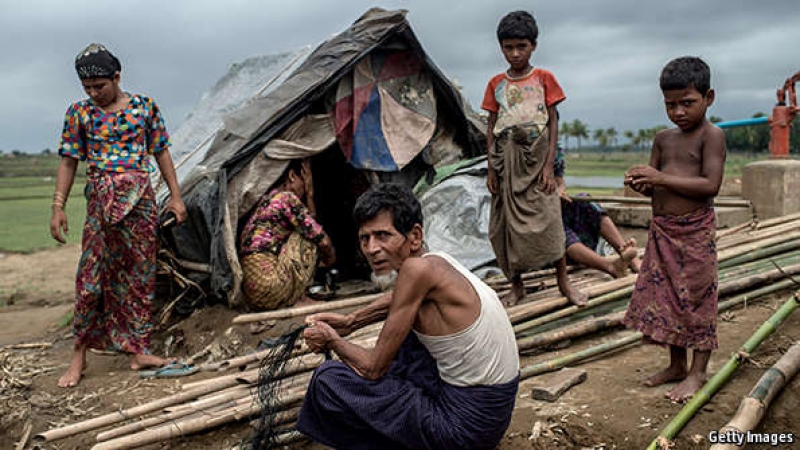 ARAKAN AND THE PLIGHT OF THE ROHINGYA: CONFLICT UNDER AN UMBRELLA OF DEFINITIONS
ARAKAN AND THE PLIGHT OF THE ROHINGYA: CONFLICT UNDER AN UMBRELLA OF DEFINITIONS
Teoman Ertuğrul TULUN 09.10.2017 -
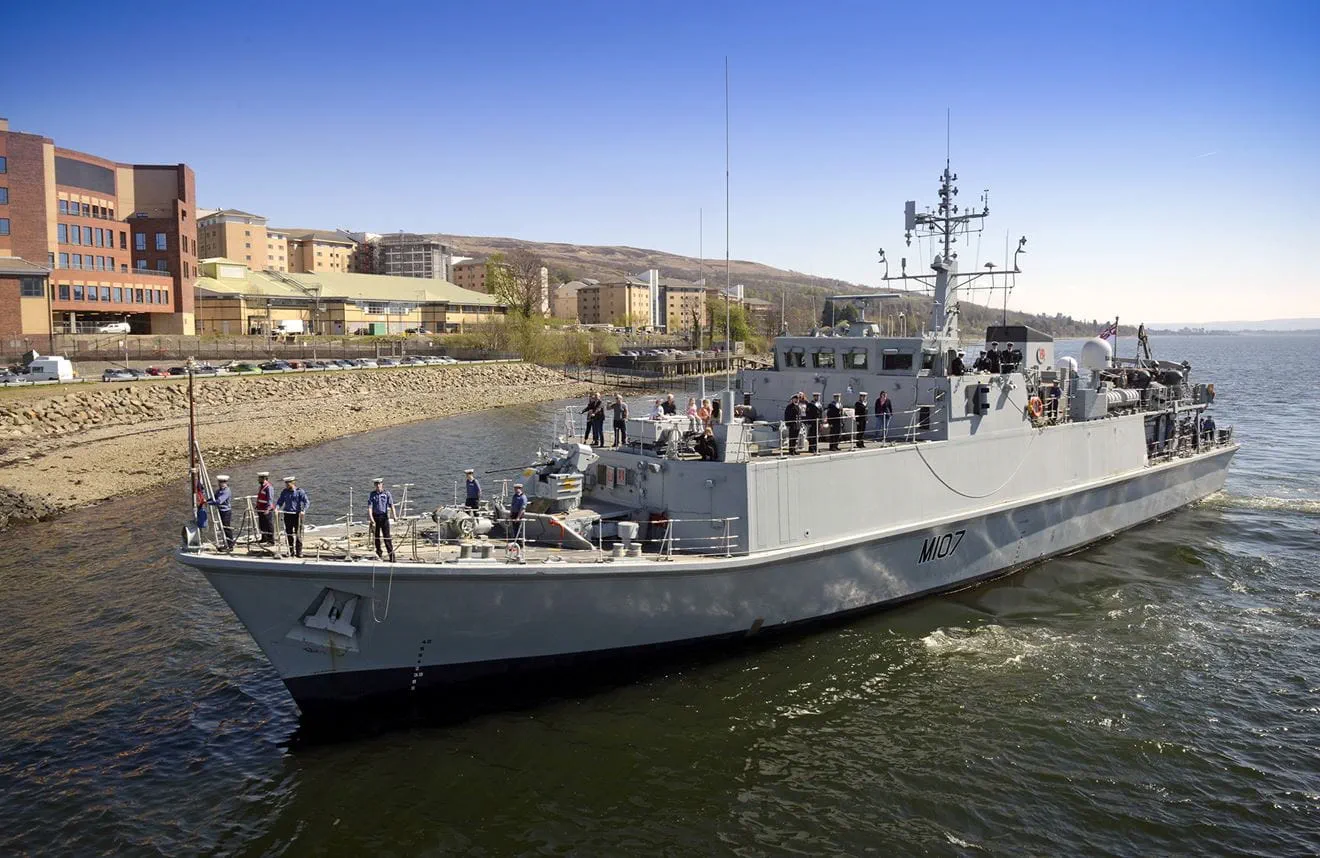 CAREFUL MANAGEMENT OF THE IMPLEMENTATION OF THE 1936 MONTREUX CONVENTION IN A DIFFICULT AND CHANGING GEOPOLITICAL ENVIRONMENT OF THE BLACK SEA
CAREFUL MANAGEMENT OF THE IMPLEMENTATION OF THE 1936 MONTREUX CONVENTION IN A DIFFICULT AND CHANGING GEOPOLITICAL ENVIRONMENT OF THE BLACK SEA
Teoman Ertuğrul TULUN 18.01.2024 -
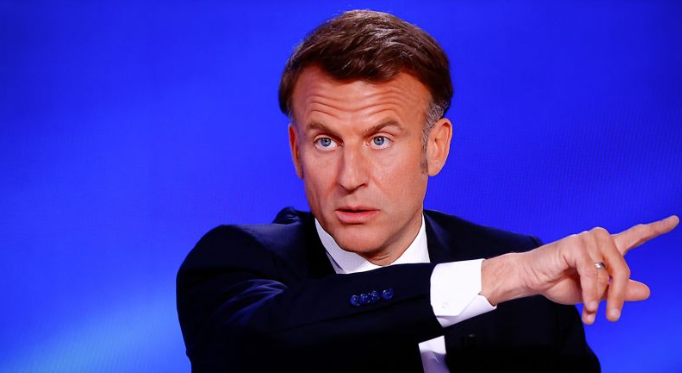 FROM SYMBOLISM TO SCRUTINY: THE TRANSFORMATION OF FRANCE'S GENOCIDE CLAIMS
FROM SYMBOLISM TO SCRUTINY: THE TRANSFORMATION OF FRANCE'S GENOCIDE CLAIMS
Teoman Ertuğrul TULUN 01.07.2025
-
 AN ARCHBISHOP OF THE ARMENIAN APOSTOLIC CHURCH HAND IN HAND WITH A MURDERER - BEHIND THE SCENES OF THE PROTESTS IN YEREVAN
AN ARCHBISHOP OF THE ARMENIAN APOSTOLIC CHURCH HAND IN HAND WITH A MURDERER - BEHIND THE SCENES OF THE PROTESTS IN YEREVAN
Hazel ÇAĞAN ELBİR 23.05.2024 -
 TURKEY AND THE EUROPEAN UNION
TURKEY AND THE EUROPEAN UNION
Alev KILIÇ 19.11.2015 -
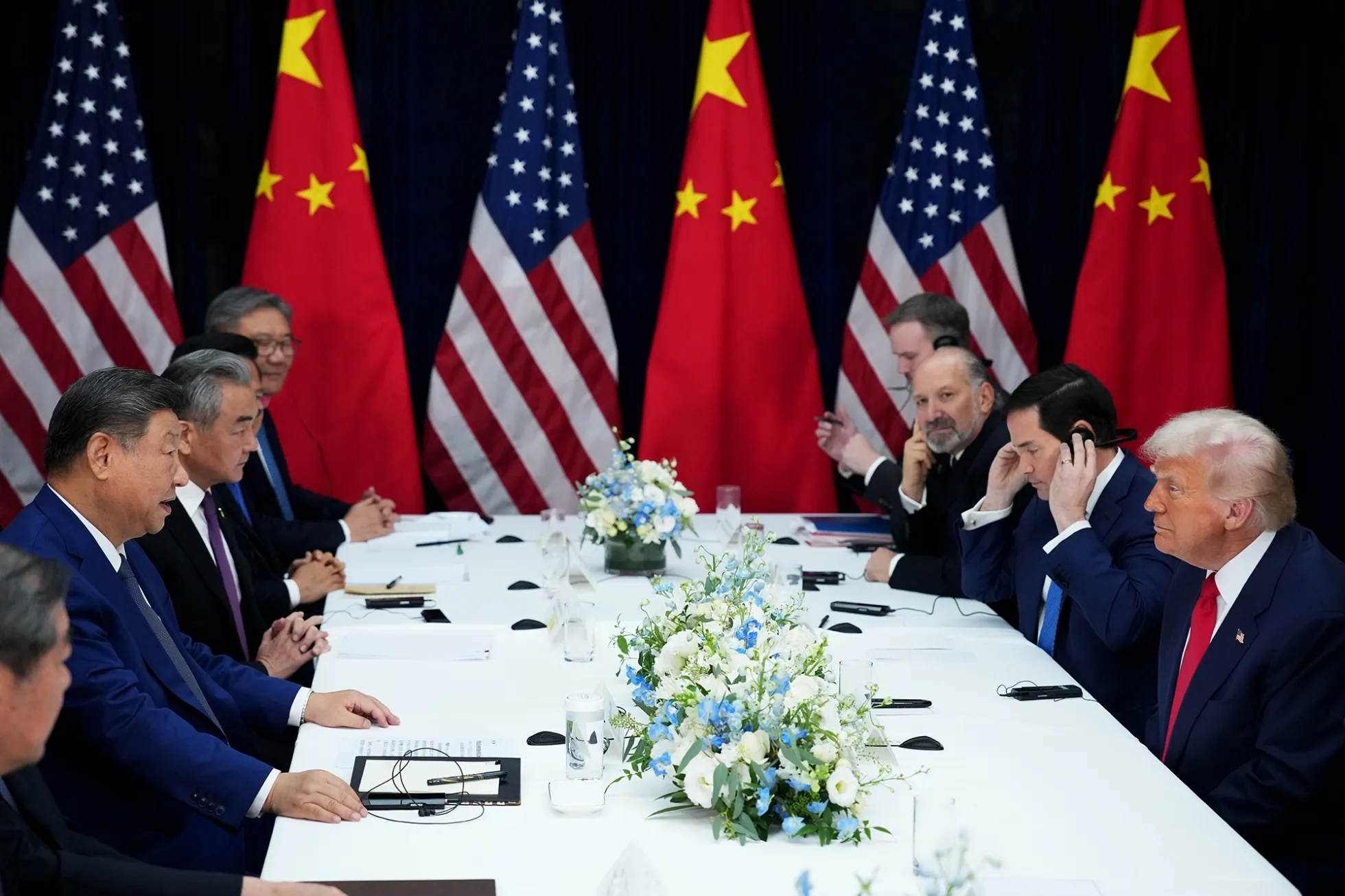 HIGHLIGHTS FROM THE US PRESIDENT TRUMP’S ASIA TRIP
HIGHLIGHTS FROM THE US PRESIDENT TRUMP’S ASIA TRIP
Seyda Nur OSMANLI 29.01.2026 -
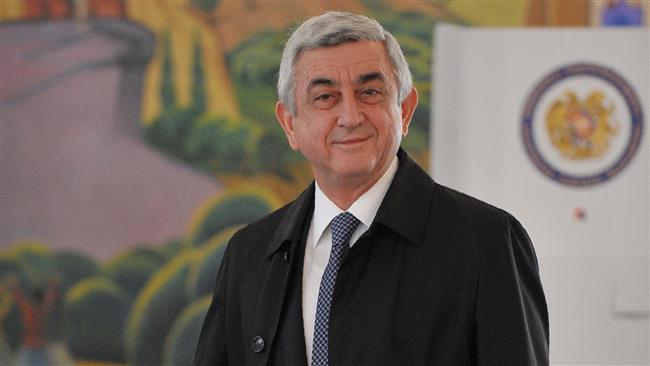 2 APRIL 2017 PARLIAMENTARY ELECTIONS IN ARMENIA
2 APRIL 2017 PARLIAMENTARY ELECTIONS IN ARMENIA
Turgut Kerem TUNCEL 14.04.2017 -
 RELATIONS OF US SENATORS WITH FOREIGN LOBBIES: THE CASE OF MENENDEZ
RELATIONS OF US SENATORS WITH FOREIGN LOBBIES: THE CASE OF MENENDEZ
Teoman Ertuğrul TULUN - Tuğçe TECİMER 17.09.2024
-
25.01.2016
THE ARMENIAN QUESTION - BASIC KNOWLEDGE AND DOCUMENTATION -
12.06.2024
THE TRUTH WILL OUT -
27.03.2023
RADİKAL ERMENİ UNSURLARCA GERÇEKLEŞTİRİLEN MEZALİMLER VE VANDALİZM -
17.03.2023
PATRIOTISM PERVERTED -
23.02.2023
MEN ARE LIKE THAT -
03.02.2023
BAKÜ-TİFLİS-CEYHAN BORU HATTININ YAŞANAN TARİHİ -
16.12.2022
INTERNATIONAL SCHOLARS ON THE EVENTS OF 1915 -
07.12.2022
FAKE PHOTOS AND THE ARMENIAN PROPAGANDA -
07.12.2022
ERMENİ PROPAGANDASI VE SAHTE RESİMLER -
01.01.2022
A Letter From Japan - Strategically Mum: The Silence of the Armenians -
01.01.2022
Japonya'dan Bir Mektup - Stratejik Suskunluk: Ermenilerin Sessizliği -
03.06.2020
Anastas Mikoyan: Confessions of an Armenian Bolshevik -
08.04.2020
Sovyet Sonrası Ukrayna’da Devlet, Toplum ve Siyaset - Değişen Dinamikler, Dönüşen Kimlikler -
12.06.2018
Ermeni Sorunuyla İlgili İngiliz Belgeleri (1912-1923) - British Documents on Armenian Question (1912-1923) -
02.12.2016
Turkish-Russian Academics: A Historical Study on the Caucasus -
01.07.2016
Gürcistan'daki Müslüman Topluluklar: Azınlık Hakları, Kimlik, Siyaset -
10.03.2016
Armenian Diaspora: Diaspora, State and the Imagination of the Republic of Armenia -
24.01.2016
ERMENİ SORUNU - TEMEL BİLGİ VE BELGELER (2. BASKI)
-
AVİM Conference Hall 24.01.2023
CONFERENCE TITLED “HUNGARY’S PERSPECTIVES ON THE TURKIC WORLD"









